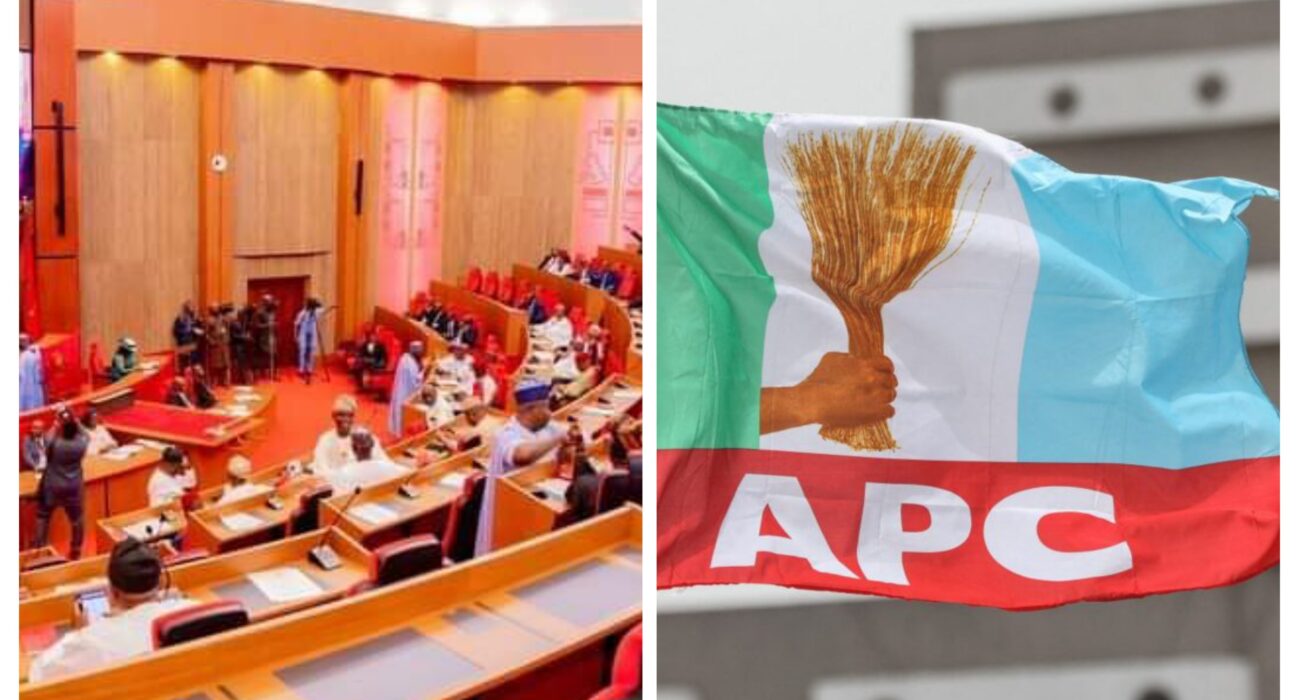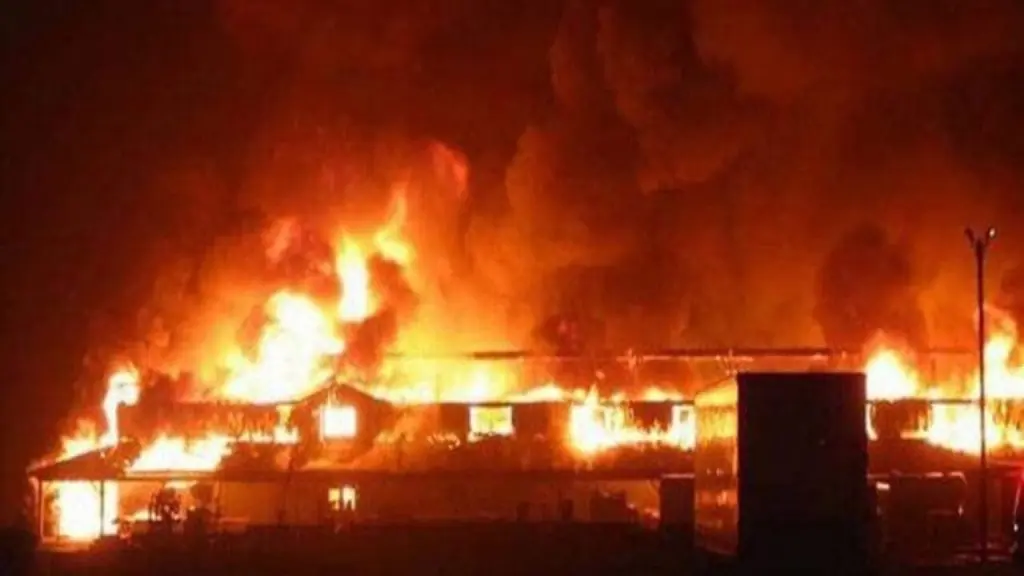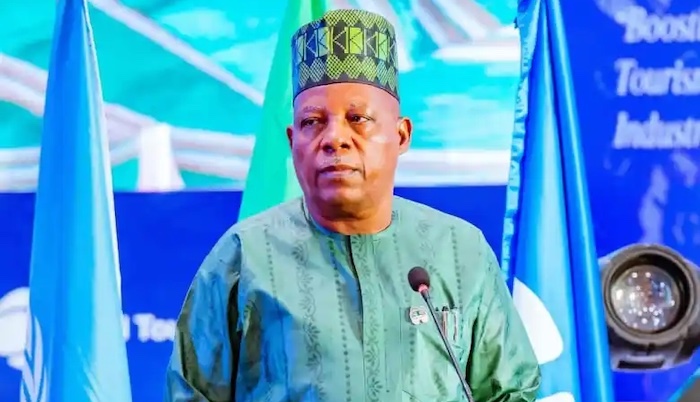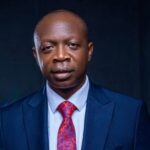APC Dominates Senate With 73 Seats As Opposition Trails Behind

The ruling All Progressives Congress (APC) has strengthened its grip on Nigeria’s upper legislative chamber, now holding a commanding 73 seats in the 10th National Assembly, according to recent composition data shared among political observers.
The new breakdown of the Nigerian Senate shows APC leading with 73 senators, followed by the Peoples Democratic Party (PDP) with 28, the Labour Party (LP) with 4, All Progressives Grand Alliance (APGA) with 2, New Nigeria Peoples Party (NNPP) with 1, and the Social Democratic Party (SDP) with 1.
The latest alignment underscores the ruling party’s expanding dominance in national politics, following a series of defections from opposition ranks since the inauguration of the 10th Senate in June 2023.
With APC now controlling the Senate majority, legislative backing for President Bola Ahmed Tinubu’s administration appears secure, especially as the party also leads with 24 state governors, alongside Anambra’s APGA Governor Charles Soludo, who maintains close working ties with the federal government.
Political analysts say the new numbers reveal the growing weakness of Nigeria’s opposition parties and the increasing consolidation of power by the ruling party ahead of the 2027 general elections.
“The APC’s legislative strength gives it control over key committees and the ability to drive constitutional amendments or critical reforms without much obstruction,” said a political affairs analyst in Abuja.
Meanwhile, some opposition figures have expressed concern that the widening numerical gap could diminish democratic balance in lawmaking, with fears that dissenting voices may be drowned out in key national debates.
Observers also note that the opposition’s heightened attention to the Independent National Electoral Commission (INEC) reflects their anxiety over institutional leverage ahead of 2027, as they face a ruling party with widespread structural and political advantages.
As it stands, APC’s legislative dominance, coupled with its control of most state governments, paints a clear picture of a party deeply entrenched across Nigeria’s political architecture one that many analysts say could make the next general election a steeper uphill battle for the opposition.









